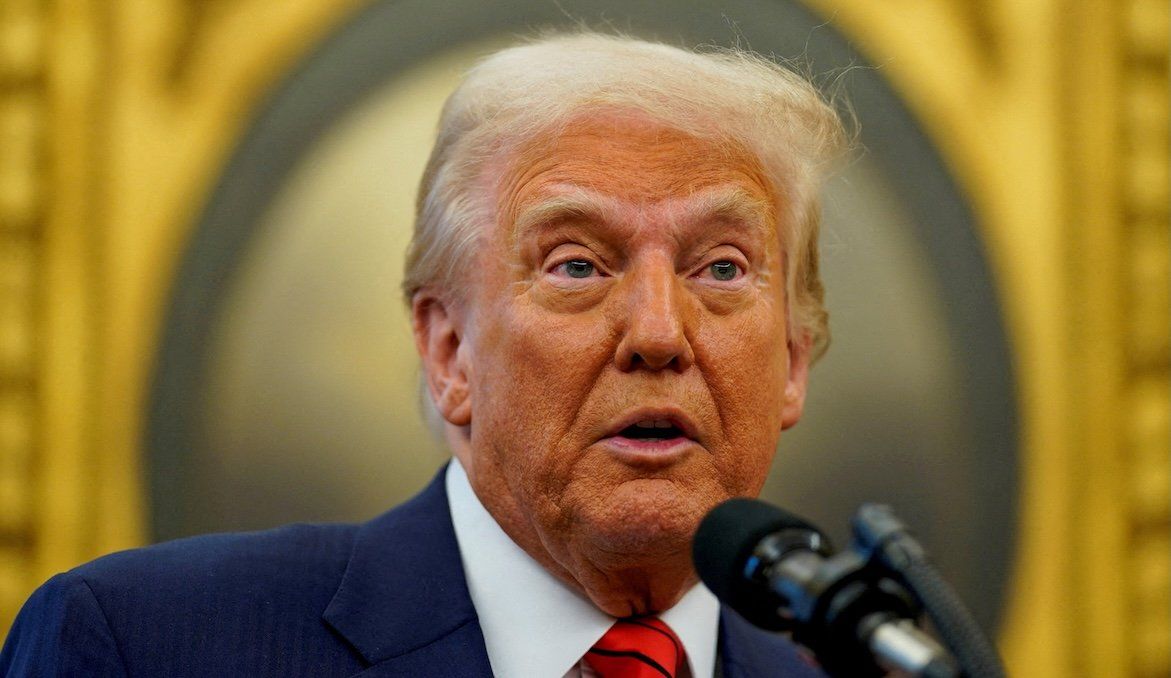US President Donald Trump signed an executive order Friday halting all “non-essential” assistance to South Africa. He also ordered American agencies to assist white South Africans fleeing racial discrimination and resettle them as refugees in the US.
What is the basis for these orders? Trump cited Pretoria’s new expropriation policies as well as its anti-Israel stance at the International Court of Justice.
In January, President Cyril Ramaphosa signed the Expropriation Act, a law authorizing expropriation with “just and equitable compensation” in most cases but “nil compensation” under special circumstances. The law seeks to reversehistorical land inequality, namely that white Afrikaners, representing 7% of the population, still own 50% of the country’s farmland.
In December 2023, South Africa launched a legal challenge against Israel at the International Court of Justice, accusing it of genocide in Gaza.
How has the world responded to Trump’s orders? Ramaphosa blasted them as “propaganda,” saying “We will not be bullied.”As for white South Africans, they appear to be staying put. Trade union chief Dirk Hermann, representing some two million Afrikaners, said “We are committed to build a future here. We are not going anywhere.”